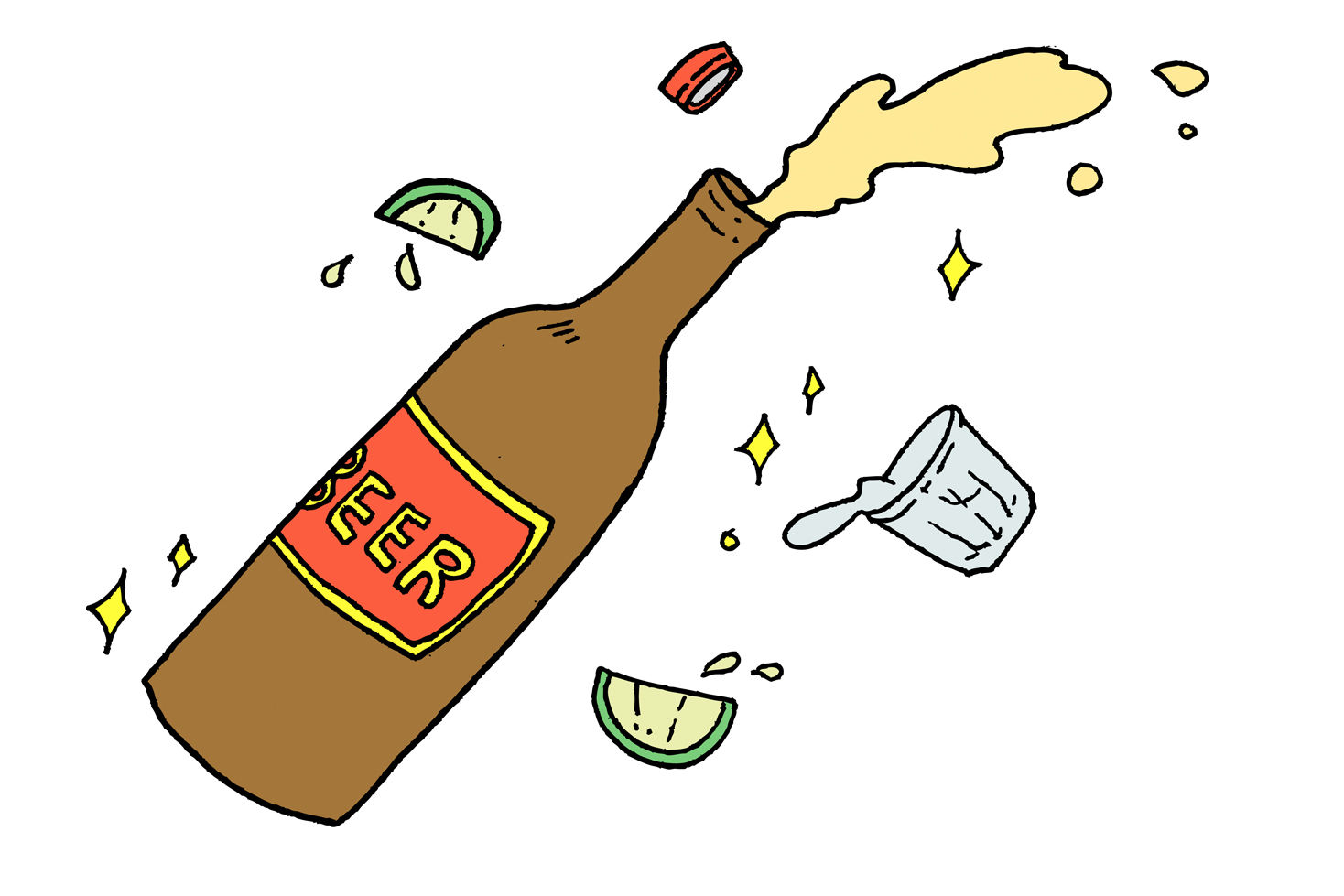Ahh, election years: what ulcers and high blood pressure are made of. This is a time when harshly worded political opinions divide households and ruin Facebook friendships.
It’s not at all surprising that people become fanatical during an election year. In fact, at this point, it’s practically a tradition! However, the popular consensus seems to be that this election year is something of a—well, let’s just call it a debacle.
I’ve heard the media call this election cycle the most divisive election ever, while my friends proclaim it’s “just the worst.” I definitely agree that everyone’s tempers—my own included—are pretty high this year. People are screaming at each other during events, sometimes resulting in physical violence. Both candidates are attacking each other and resorting to name calling.
There’s a point where it stops being whatever type of entertainment it was meant to be and starts becoming something of a warning bell. Is this how our civilized democracy works?
This election has gotten so ridiculous it’s become a wake-up call for us to get it together and stop demonizing each other.
Many people have been upset over our political climate over the past few years, and they have every right to be. Much like in this past season of Game of Thrones, the direction has changed too much for some people and not enough for others.
The danger is that it can be very easy for a one-sided mentality to take hold. Everyone is the hero of their own story, and while I won’t argue that some people can’t be more right than others on certain issues, it’s still important to be aware of every side of the story. For the past few years there’s been very little middle ground between parties and affiliations. It was much easier to just write someone off with a label instead.
The problem is that writing a person off as a “social justice warrior,” “stuck-up conservative” or “butthead” tends to antagonize them, making party divisions wider. It ultimately comes down to a simple lesson we have all been taught: People don’t like to be belittled or insulted. You may not like your neighbors, but you shouldn’t insult them and make enemies of them; you’re both still part of the community and the neighborhood watch.
Because of this spite towards different affiliations, be it the unhealthy hatred between Republicans and Democrats or their shared contempt for the Green Party and Libertarian Party, we’re struggling with discourse and problem solving. Somehow we’re forgetting that solving our nation’s problems is kind of a big deal.
If you think these political feuds aren’t a problem, I want to remind you that the government shut down for 16 days in 2013.
So why am I focusing on this partisan mudslinging? Because it’s getting ridiculous and the divide between parties is somehow growing even wider. The frankly absurd spectacle that is the 2016 election is our intervention: We’re all still people.
Let’s stop hitting each other and being so vile. We’re only encouraging our politicians, and they clearly don’t need the help. Going back to the earlier analogy, we’re not enemies, we’re neighbors. Even if you and your neighbor disagree over neighborhood parking and how they manage their lawn, you shouldn’t be glad Russia is hacking their Wi-Fi.
We may not want to accept it, but our divisive political climate won’t be going anywhere. Whoever wins the presidency will be one of the more controversial candidates to become president, and America’s debates over a multitude of issues will continue. We’re going to need to come together and put aside our differences to find common ground and get things done. Once we start vilifying each other, I don’t believe we can fully help our causes.
Let’s try to remember that we’re all still people. As Abraham Lincoln was misquoted in Bill and Ted’s Excellent Adventure, “Be excellent to each other … and party on dudes!”






